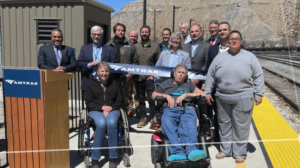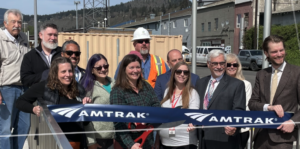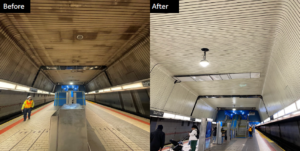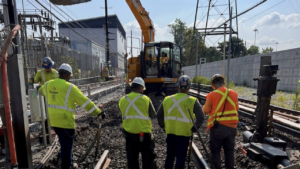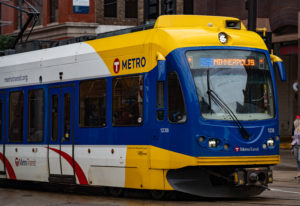BART Board approves FY16 budget
Written by Jenifer Nunez, assistant editor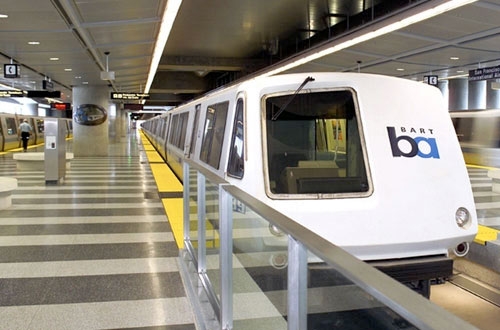
With record ridership stretching Bay Area Rapid Transit (BART) resources, the board of directors voted to direct money to initiatives designed to increase train passenger capacity and to improve on-time performance through a $1.57 billion FY16 budget.
The operating and capital budget assumes revenue from a January 1, 2016, inflation-based 3.4-percent fare increase to help fund the system’s extensive capital needs.
The fare increase is scheduled as part of multi-year Inflation Based Fare Increase Program.
“Until the new Fleet of the Future train cars begin to be phased into service over the next few years, we need to be creative in finding ways to meet our customers’ needs now,” said BART Board of Directors President Tom Blalock. “This budget does that. With these new investments, we’ll squeeze more capacity out of our existing rail cars, tackle some of our recurring reliability issues and even invest in keeping trains and stations cleaner.”
The budget funds changes that are designed to produce 30 more train cars in service during peak periods and adds 16 train trips each weekday.
This is accomplished by moving train cars from maintenance to passenger service at a faster pace; adding shifts for train car maintenance workers; repairing and putting back into service four to six badly damaged cars; using the Contra Costa Crossover to add 10 train trips to the Yellow Line and adding six train trips to the Red Line.
Each line will see service improvements by increasing the minimum length of trains on the Orange Line (Richmond to Fremont) from three to four, marking the end of three-car trains anywhere on the BART system; red line service (direct Millbrae to Richmond service) will be extended by one hour on weeknights with the last train departing Millbrae at 9pm and longer train lengths for the Blue line (Dublin Pleasanton to Daly City), Yellow line (Pittsburg/Bay Point to SFO) and Green line (Fremont to Daly City).
The budget also includes money to boost on-time performance by adding two train control technicians to quickly fix train control failures that currently account for almost one fifth of the late trains (The new technicians are expected to improve response time by 15%); extend the hours for stand-by paramedics to respond more quickly to medical emergencies in and near the Transbay Tube during BART’s busiest times and add six more rail vehicle engineers to improve car reliability.

